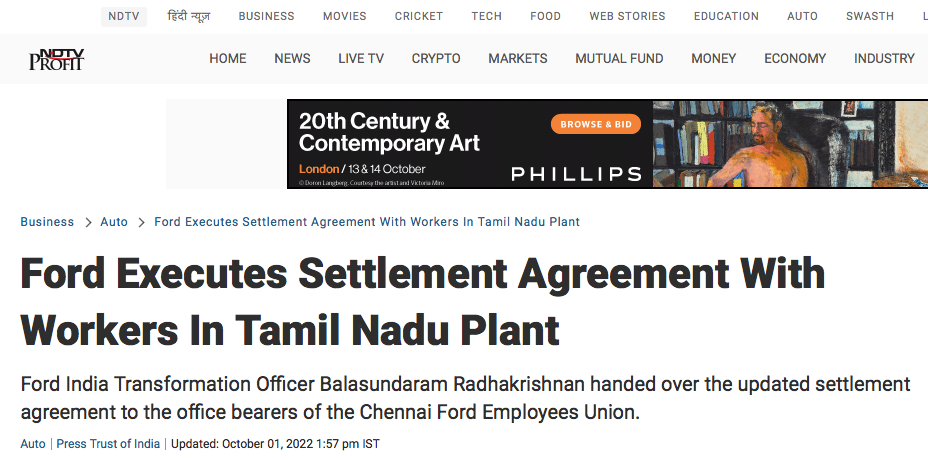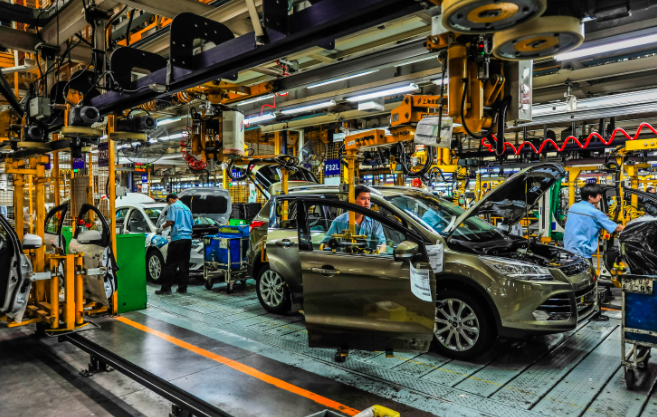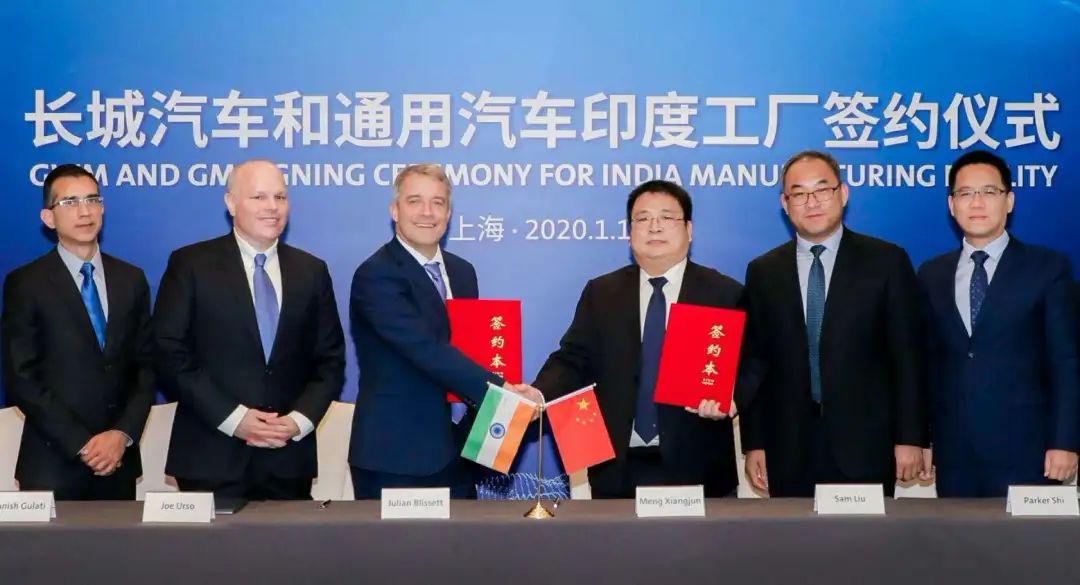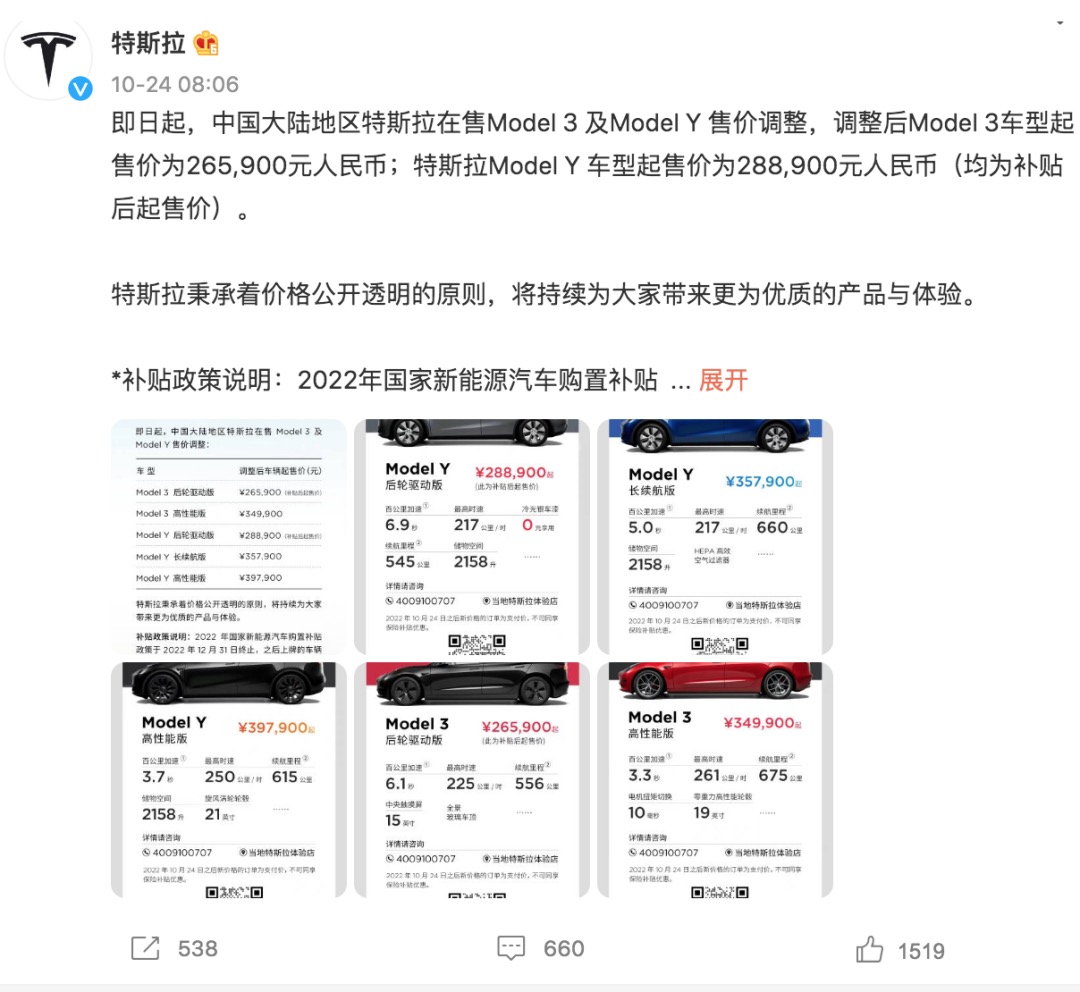In addition to Weibo, there is also WeChat
Please pay attention

WeChat public account
AutoBeta


2024-11-22 Update From: AutoBeta autobeta NAV: AutoBeta > News >
Share
AutoBeta(AutoBeta.net)10/02 Report--
According to print media reports such as NDTV in New Delhi, Ford Motor India reached a severance compensation agreement with workers at its factory in Tamil Nadu, India, after it announced the closure of its Indian plant last year, with each employee receiving an average salary of 62 months. According to the report, Balasundaram Radhakrishnan, the transformation officer of Ford India, said in a statement that Ford reached an agreement with the Chennai Ford employees Union, which represents 2592 long-term employees, that the final settlement would provide each employee with an average salary of about 62 months to ensure that they were "provided with sufficient financial buffers and time to plan for the future." The severance payment is calculated on the basis that Ford will pay 140 days' salary for each additional year of service, in addition to an one-time fee of 150000 rupees per employee. Taken together, it is equivalent to paying an average of 62 months' salary for each employee (a minimum of 4.1 years and a maximum of 9 years). The transformation official also noted that the company decided to pay a month's salary as a signing fee to employees who completed their departure by October 14, most of whom had worked at the plant for more than 10 years.

Data show that Ford Motor Company is one of the largest auto manufacturers in the world, founded in 1903, owns Ford (Ford) and Lincoln (Lincoln) car brands, headquartered in Dearborn, Michigan. Ford Motor began to operate in India in 1995, with a cumulative investment of more than US $2 billion, but its market share is less than 2%, and its Indian business has been losing money, said Jim Farley, chief executive of Ford Motor. Despite Ford's heavy investment in India, it has lost more than $2 billion in India over the past decade, and demand for new Ford cars in the Indian market is also weaker than expected. Anulag Mehrotra, head of Ford Motor India, also said that the Indian branch had failed to find a "sustainable path to long-term profitability", such as localizing car manufacturing. In view of years of losses, overcapacity and slower-than-expected growth in the Indian car market, Ford decided in September 2021 to stop production in India and close its manufacturing operations in Sanand in the western state of Gujarat and the southern city of Chennai. About 4000 employees will be laid off, but Ford and employees have not reached an agreement on severance compensation agreement, until now there has been no new progress.

In addition to Ford, GM announced its withdrawal from the Indian market and stopped selling cars in India in 2017, when GM had a market share of only 1.2% of the Indian passenger car market. Toyota, a Japanese car company, also announced that it would no longer expand its Indian operations in 2020 because of high taxes. In this context, Chinese car companies are entering the Indian market on a large scale, and the first one to enter the Indian market is the Mingjue brand of SAIC Group. Since then, Great Wall Motor, Foton Automobile and Changan Automobile have all announced their entry into the Indian market.

At the end of 2017, GM sold one of its car plants, Harrol, Gujarat, to SAIC, which then produced and sold its MG in India. In January 2020, GM sold another car plant, the Talegang Plant in India, to Great Wall Motor, but failed after two years of negotiations and adjustments. In April 2020, India issued a targeted Investment restriction order, stipulating that physical investment from countries bordering India's land border requires government approval. In July 2022, Great Wall and GM signed an agreement to buy GM's plant in Taligang, India, although they maintained communication and consultation with the Indian government on the project. however, it has not been approved by the local government and relevant regulators. After negotiations between Great Wall and General Motors, the two sides decided to terminate the deal, which also means that Great Wall's plan to enter the Indian market has temporarily fallen through.
According to the latest data from the Association of Indian Automobile Manufacturers (SIAM), the Indian car market grew by more than 12 per cent from 2001 to 2010, of which sales reached 1.87 million in 2010, but the industry grew by only about 3 per cent from 2011 to 2019, including 3.817 million in 2019. Due to the impact of the epidemic, Indian car market sales plummeted 37 per cent in 2020. According to the data, the cumulative sales of passenger cars in India's domestic market was 2.711 million in the 2020-2021 fiscal year, with an average annual sales of about 2.94 million in the past seven years. People in the domestic industry believe that, "although the Indian automobile market is small, it is an important base for radiating South Asia, with an average annual export of about 650000 vehicles in recent years." Chinese car companies' entry into the Indian market may be aimed at India's potential economic growth and export prospects.
Welcome to subscribe to the WeChat public account "Automotive Industry Focus" to get the first-hand insider information on the automotive industry and talk about things in the automotive circle. Welcome to break the news! WeChat ID autoWechat
Views: 0
*The comments in the above article only represent the author's personal views and do not represent the views and positions of this website. If you have more insights, please feel free to contribute and share.











© 2024 AutoBeta.Net Tiger Media Company. All rights reserved.